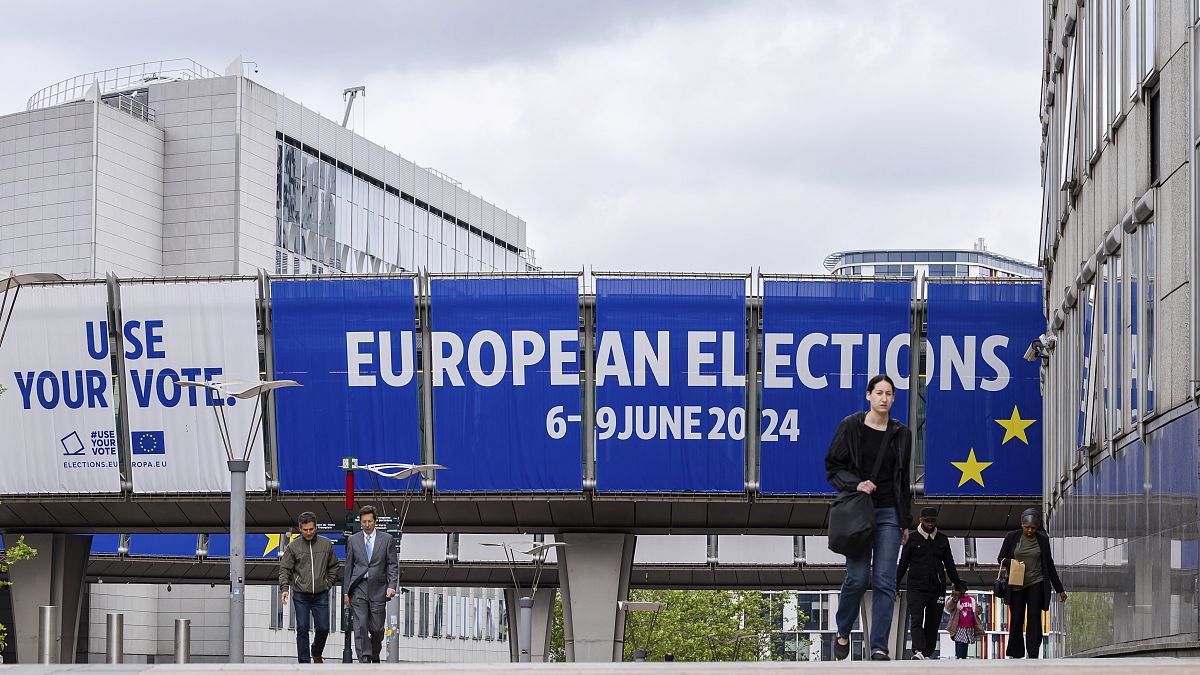The European Union is gearing up for the upcoming European Parliament elections, scheduled to take place from June 6th to 9th. As the elections draw near, our journalists have been closely monitoring European developments and are now offering insights into what is at stake for the election. From issues such as defense, the green deal, migration pact, to the rising cost of living, they cover a wide range of topics that are expected to shape the future of the EU.
One of the biggest issues that voters are concerned about is the rising cost of living. According to a recent poll conducted across Europe, two-thirds of respondents expressed that tackling rising prices should be a priority for the EU. With energy prices on the rise by 40%, and one in three Europeans unable to pay for unexpected bills, people are feeling the pinch. This highlights the need for the EU to carefully consider how its energy and climate change policies will impact people’s pockets as they head to the polls in June.
Migration has been a divisive topic in European politics for the past decade, with the tragic Lampedusa incident in 2013 serving as a turning point. The new Migration Pact, albeit imperfect, is seen as a starting point to address this ongoing issue. The next mandate will likely focus on how member states implement and enforce the pact on the ground. With Europe facing an aging population, managing migration effectively will be crucial for the EU in the coming years.
Defense is another crucial issue that will be at the forefront of the next European Commission and Parliament’s agenda. The full-scale Russian invasion of Ukraine has brought the issue of defense and security to the forefront, with a realization that conflicts like the one in Ukraine may not be the only ones Europe will face in the future. The EU and Europe as a whole are feeling the need to stand on their own when it comes to defense and security, rather than relying on the United States.
The EU’s ambitious Green Deal, aimed at reducing greenhouse gas emissions by 55% by the end of the decade, faces challenges from right-wing parties. These parties are advocating for policies that support farmers and put a halt to the Green Deal initiatives. While there is momentum for environmental sustainability leading up to the elections, the key question remains whether this momentum will continue after the elections, especially if far-right parties secure victories.
In conclusion, as the European Parliament elections approach, the stakes are high for the future of the EU. From addressing the rising cost of living to managing migration effectively, from ensuring defense and security in the face of conflicts like the one in Ukraine to tackling environmental challenges through the Green Deal, the EU faces a range of pressing issues that will shape its future trajectory. It remains to be seen how voters will respond to these issues and what impact the election results will have on the direction of the EU in the years to come.


























